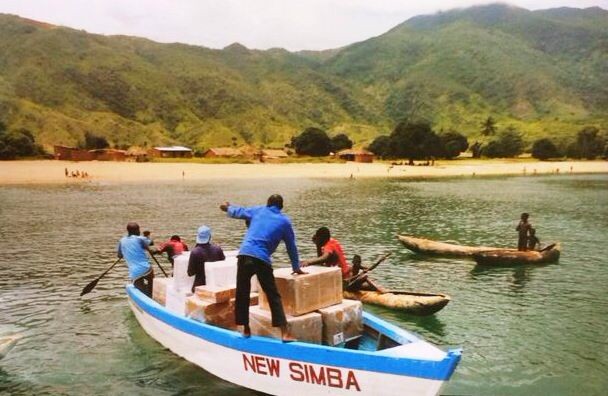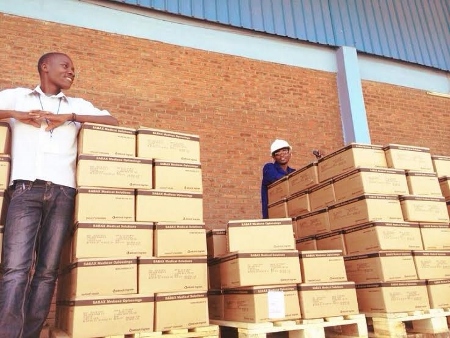As a fellow at Imperial Health Sciences (IHS), a pharmaceutical logistics organization, I have been exposed to the supply chain process for warehousing and distribution. Malawi faces significant economic challenges as it is largely dependent on donor supply, which contributes to the ongoing stock-outs of essential medicines. IHS strives for each step of the chain to remain taut, and during my time here, I have learned why operational excellence and standardized processes and procedures — a set of tools to improve efficiency, identify waste, and improve customer satisfaction — are critical business disciplines in today’s world of seamless supply chain.

At IHS, our objective is to supply the needs of our current clients, the Department for International Development (DFID) and John Snow Inc. (JSI), in so far as to satisfy the demand of the circa 700 healthcare facilities in Malawi.
My first day at IHS was not only the starting point for my year-long fellowship, but the start of the 18 month DFID project. The project goal in mind is to ensure on-time, correct orders of medicines to reach the end dispensing destination. I remember the first time I walked in the newly constructed, empty IHS warehouse. The racks were not installed yet and I could hear my voice echoing. Little did I know the pallet spaces that were not yet installed would soon be holding 14 million units per month. Looking back, it was a unique and fortunate time for me to begin my fellowship. A lot was happening around the facilities. I was witnessing the infrastructure strengthening day by day and the operational and financial systems becoming robust. Almost everything was being built from the ground up. I began to find my roles and responsibilities, creating goals for the next six months. I was part of it; it was a fast paced environment.
As we have grown as an organization over the past few months, an important characteristic of a tight-knit business has developed and is aligned to meet quality performance by standardizing processes. There were no Goods Distribution Practices (GDP) or Standard Optimization Procedures (SOP) in place when I first arrived. Comparing and contrasting my first days at IHS and the current processes: as a unit we are now much more equipped, efficient, and sound in almost every way, although there is always room for improvement. We are a young, vibrant, energetic, focused, goal driven team that will continue to excel.
GDP is an important link to the chain. It is an essential activity for the enhancement of supply chain management of pharmaceutical products. There are many people that are responsible for the storage, handling and distribution of the products we supply. GDP is an important element because throughout the process, it is necessary for a procedure to assist in guaranteeing the quality of pharmaceutical products. This includes storage, allocation, shipping, recordkeeping, and repackaging practices. High levels of GDP are also a pillar of our organization’s goal to become ISO 9000:2008 accredited, which is a quality management standard set internationally to establish, upgrade, and certify an organization’s process-based quality management system.
As an organization, IHS- Malawi endeavors to become ISO-9000:2008 accredited, in 2015. This would be the first for Malawi’s pharmaceutical sector. I am incredibly fortunate to be part of a cohesive team to reach the ultimate goal. From startup to completion, GDP and SOP will help IHS achieve operational excellence and becoming an ISO-9000:2008 accredited facility.

